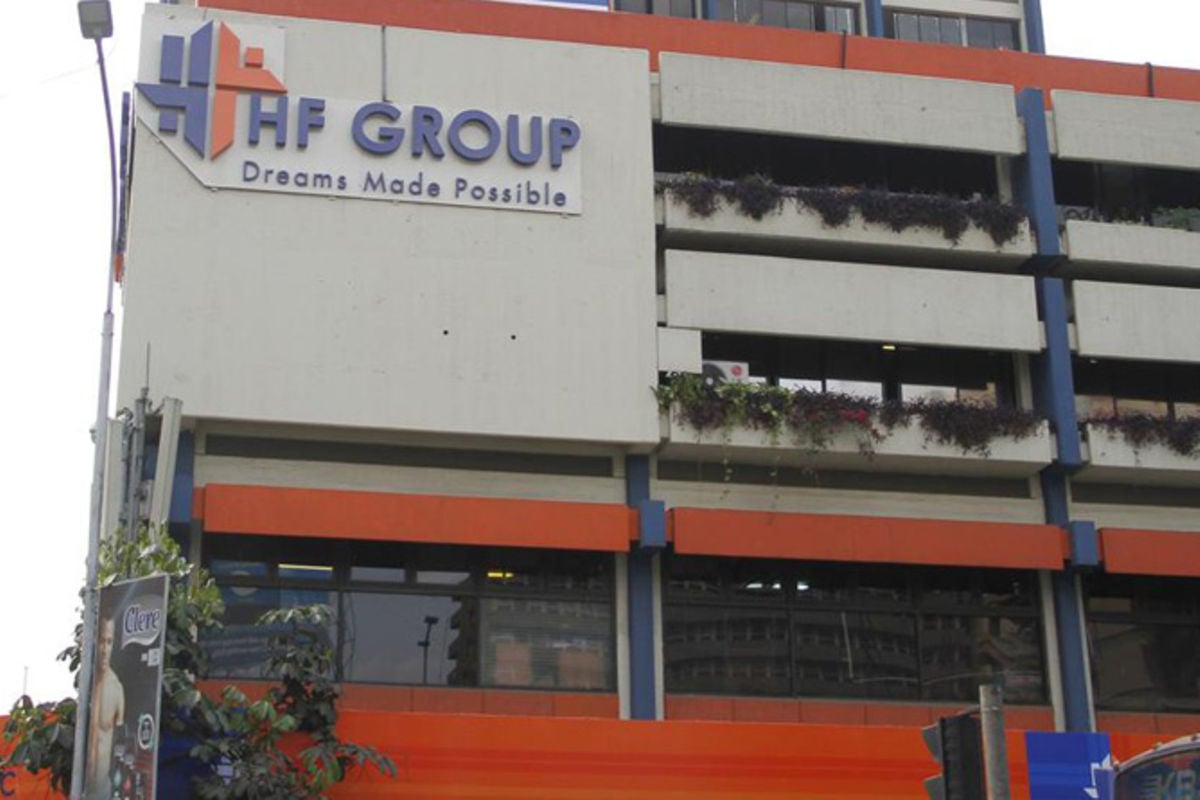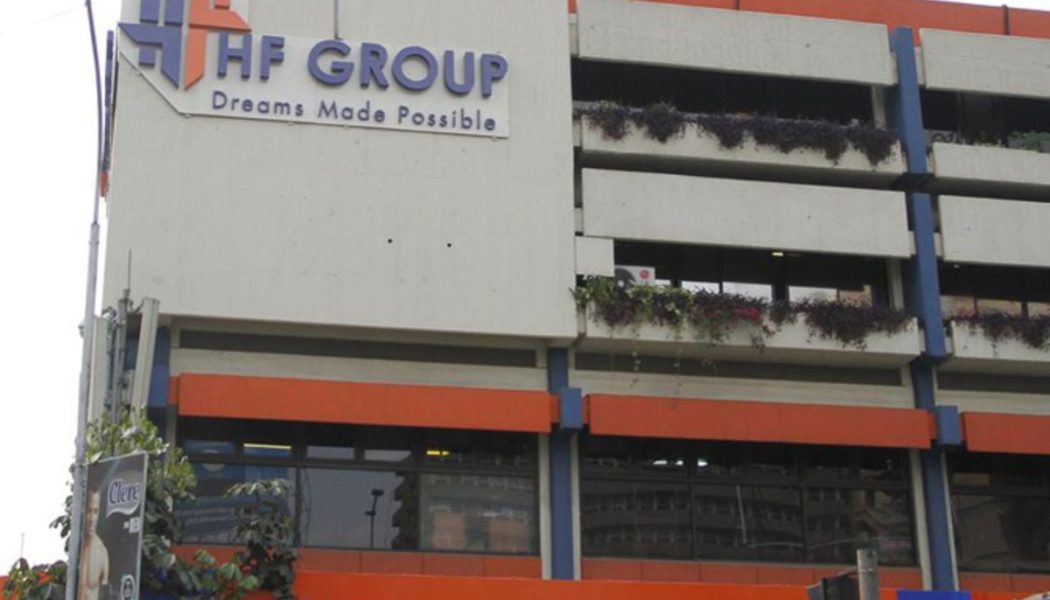
Listed lender HF Group has turned to shareholders with a rights issue to raise new equity to shore up its flagging capital ratios that have fallen below the statutory minimum, affecting its ability to grow the business.
The cash call will see the bank issue 1.5 billion new shares, at a ratio of three for everyone held. It currently has 384.6 million shares in issue, which trade at the Nairobi Securities Exchange (NSE) with a current price of Sh4.15 per unit.
The shares to be offered are inclusive of a green shoe (additional share sale) option of up to 30 percent.
HF is yet to disclose the pricing of the rights shares, book closure date and the period of sale given that the issuance is pending the approval of shareholders, the Central Bank of Kenya (CBK), the Capital Markets Authority (CMA) and the NSE.
At the current share price however, the full complement of rights shares would be worth Sh6.23 billion, although rights shares are usually discounted as an incentive for shareholders to participate in an offer.
“On August 12, 2024, the directors of HF Group Plc resolved to offer up to 1.499 billion new ordinary shares of par value Sh5 (inclusive of a green shoe option of 30 percent) to shareholders on the register at the book closure date in proportion as nearly as is practicable of up to three new ordinary shares for every share held,” said the lender in a notice published on Tuesday.
The bank’s latest financials, covering the quarter ended March 2024, show that it had a core or tier one capital of Sh1.9 billion, and total capital (tier-one plus supplementary or tier-two capital) of Sh3.39 billion at the end of the period.
Its core capital to total risk weighted assets ratio stood at 5.2 percent, versus the statutory minimum of 10.5 percent.
Its ratio of total capital to total risk weighted assets, which has a statutory minimum of 14.5 percent, stood at 8.8 percent, while the ratio of core capital to total deposit liabilities stood at 4.5 percent against a minimum requirement of eight percent.
The lender had indicated in its annual report for 2023 that it intended to raise its core capital in the course of 2024 to support growth of its business.
HF last ran a rights issue in 2015, issuing 116.67 million shares priced at Sh30 each, at a rate of one for every two held. The offer raised Sh3.5 billion from investor bids worth Sh9 billion.
The funds were earmarked for branch expansion and expansion of mortgage lending capacity.
Banks normally raise tier-one capital from existing shareholders but can also do so through equity sales either through private placement or initial public offering (IPO).
As per the Banking Act, core capital represents permanent shareholders’ equity in the form of issued and fully paid-up shares, plus all disclosed reserves, less goodwill or any other intangible assets, while tier-II capital (supplementary capital) covers mainly revaluation reserves, subordinated debt and statutory loan reserves.
Low capital ratios limit a bank’s ability to lend and take on more deposits, eventually affecting profitability.
Regulations also limit a bank to lending no more than 25 percent of the equivalent of core capital to a single borrower (single obligor limit) meaning that those with low core capital buffers are unable to fund large ticket projects.









